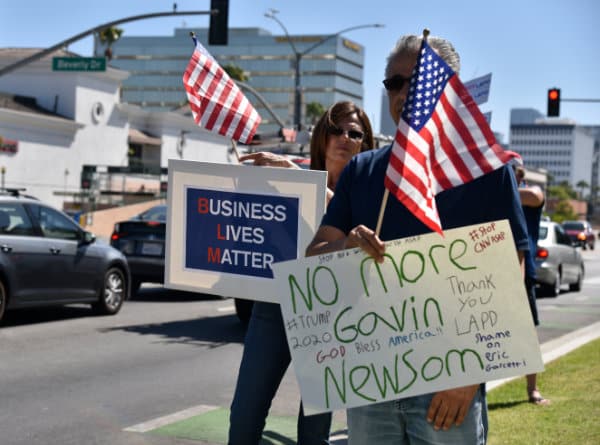
Dan McLaughlin is a well-known lawyer and a sportscaster. He shared a link X referencing the independence of the CPSC with the following comment. “Independence, in this case, means independence from voters, elections, and democracy. These are not courts tasked merely with reading texts to carry out the intention of legislatures. They are asked to set policy in ways that are hard or impossible for voters to correct if they disagree. Call that what you will; it is not democracy.”
It is an important question. At what point does independence become freedom from voters and our Constitution?
The Supreme Court decision Humphrey’s Executor v. United States says that the law provides that a commission member may be removed only for “inefficiency, neglect of duty, or malfeasance in office.” The Acting Solicitor General is asking the Supreme Court to nullify that decision. The Humphrey’s ruling limits the President’s power to address political appointees politicizing decisions.
The Supreme Court’s 1935 decision in Humphrey’s Executor allowed Congress to grant for-cause protection to a “multimember body of experts” appointed by the President that did not perform any executive power. Put simply, the Court found that the President’s power to remove officers at will was confined to purely executive officers.
The Case
The case at hand is Consumers’ Research v. Consumer Product Safety Commission. It involves the Consumer Product Safety Commission (“CPSC”), an independent agency created by Congress to protect the public from risks associated with consumer products. It wields significant executive power.
A recent Supreme Court decision in Seila Law cast doubt on the constitutionality of agencies like the CPSC. The Seila Law Court refused to extend Congressional limits on the Presidential removal authority for officers who wield “significant executive power.”
People on this commission serve seven-year staggered terms, and it greatly limits presidential power over them. The Federal Reserve funds them, and when Congress questions the members or the CPSC Chair, they refuse to answer.
The Fifth Circuit heard the case and acknowledged it goes against recent rulings by the Supreme Court, but they are obligated to follow Humphey’s.
“As middle-management circuit judges, we must follow binding precedent, even if that precedent strikes us as out of step with prevailing Supreme Court sentiment. The logic of Humphrey’s may have been overtaken, but the decision has not been overruled—at least not yet. Until that happens, Humphrey’s controls.”
Humphrey’s Could Fall
Just as in the Chevron case, power was returned to the people, not a politicized committee, but this could return power to the executive. The idea sounds great, but then we saw what the FDA did to us during the COVID-19 pandemic. At one point. mothers couldn’t get baby formula.
Republican-led Commissions tend to be more restrained in the exercise of this authority, preferring the efficacy of industry initiative and voluntary standards. Democrat-left prefer heavy regulation. With the best of intentions, it often doesn’t work well and collapses in partisan bickering and partisan attacks on businesses. It has become bloated and political.
Read the full case on this link.
The Acting Solicitor General has notified Congress of DOJ’s intent to ask #SCOTUS to overrule Humphrey’s Executor—a major 1935 ruling upholding the independence of agencies like the FCC, FTC, NLRB, etc.https://t.co/GSXVfTTOAD
Because *less* independence is what we need… pic.twitter.com/2oah7L1ULT
— Steve Vladeck (@steve_vladeck) February 13, 2025




Can we drop this Democratic Crap? We’re a Republic! For crying out loud!
The sooner everyone grasps this concept, the sooner we can dump this leftist “Democracy” BS and get back to being governed by actual law and not “Precedent”!
Precedent simply affirms they’ve been abusing our Constitution for decades so it’s become the norm!!!
We cannot accept the improper use of words by the left.
Rush talked about that.
There are lots of conservatives who fall for these words.
The executive runs all agencies. That is actual law.